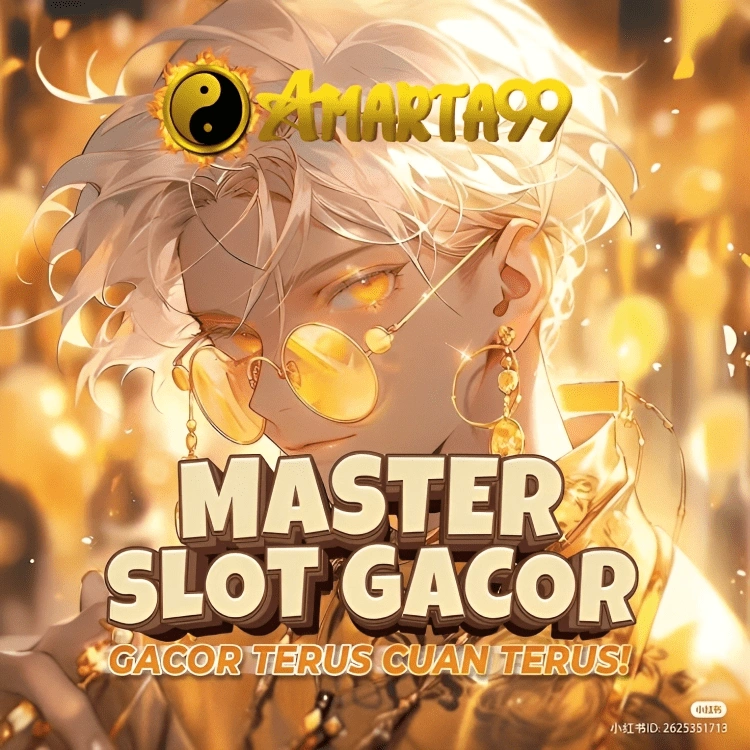The Legacy of PlayStation Games in Modern Gaming
PlayStation games have long been celebrated for their innovation, storytelling, and ability to immerse situs gacor300 players in captivating worlds. Since the launch of the original PlayStation in the mid-1990s, the platform has produced some of the best games ever made, leaving a lasting impact on the gaming industry. From high-octane adventures to emotionally resonant narratives, PlayStation games have consistently offered experiences that go beyond mere entertainment, shaping how players perceive and enjoy interactive media.
The original PlayStation introduced gamers to a new era of 3D gaming. Iconic titles like Final Fantasy VII and Resident Evil showcased the potential of consoles to deliver cinematic experiences while retaining engaging gameplay. These early PlayStation games combined complex characters, memorable music, and expansive worlds, setting a benchmark that many developers would strive to reach. They proved that video games could evoke deep emotional connections, a principle that continues to define the best games on the platform today.
The PSP revolutionized handheld gaming by delivering high-quality PlayStation experiences in a portable form. Games such as God of War: Chains of Olympus and Crisis Core: Final Fantasy VII demonstrated that handheld consoles could provide the depth and polish of home systems. PSP games allowed players to enjoy immersive adventures anywhere, bridging the gap between portability and the cinematic scope typically reserved for PlayStation home consoles. This portability added a new layer to what players could expect from the best games in the PlayStation library.
PlayStation 2 elevated the gaming experience with its expansive worlds, innovative mechanics, and groundbreaking graphics. Games like Shadow of the Colossus and Kingdom Hearts captured the imaginations of players worldwide, offering experiences that felt vast and living. These titles combined technical achievement with emotional depth, creating some of the best games in history that remain influential decades later. The PlayStation 2 era demonstrated how the platform could balance storytelling, gameplay, and technological innovation in a single package.
PlayStation 3 and PlayStation 4 continued this legacy, pushing the boundaries of high-definition graphics, online connectivity, and immersive gameplay. Games such as Uncharted 4: A Thief’s End and The Last of Us Part II set new standards for narrative-driven action-adventure titles. These PlayStation games are celebrated not only for their stunning visuals and innovative mechanics but also for their ability to engage players on an emotional level, making them some of the best games of the modern era.
The influence of PSP games continues to be felt today. Many mechanics first introduced on handheld platforms, including adaptive combat systems, skill progression, and portable-friendly multiplayer modes, have informed the design of modern PlayStation titles. This enduring influence demonstrates how PlayStation games, whether on home consoles or handheld devices, consistently innovate while staying true to the elements that make them unforgettable.
In conclusion, PlayStation games and PSP games have shaped the gaming industry in profound ways. They combine immersive storytelling, cutting-edge design, and engaging gameplay to create experiences that endure in the hearts of players. Whether it is revisiting a classic PSP adventure or diving into the latest PlayStation blockbuster, the legacy of these titles proves why they continue to be recognized among the best games ever created.






